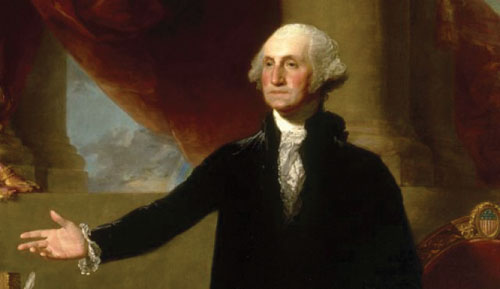.jpg) Congress declared May as Jewish Heritage Month in 2006 and President Obama was the only U.S. President to throw a party for it, but with the recent budget sequester, this year’s party has been cancelled. So has Fleet Week in New York, when thousands of naval personnel will not be visiting the city.
Congress declared May as Jewish Heritage Month in 2006 and President Obama was the only U.S. President to throw a party for it, but with the recent budget sequester, this year’s party has been cancelled. So has Fleet Week in New York, when thousands of naval personnel will not be visiting the city.
Jews have been in the Americas since the Inquisition, and as Dutch traders, some settled in South America. When the Portuguese took Brazil from the Dutch, the the Sephardic Jews of Recife, a port in northern Brazil fled because they brought the Inquisiton with them. After coping with pirates and a recalcitrant governor in Curacao, 23 Jews arrived in 1654 New Amsterdam in late summer. Governor Peter Stuyvesant did what he could to prevent them from arriving, from staying and from becoming equal members of the colony. He ultimately failed in these attempts because the Dutch West India Company needed these merchants and traders, who were also their investors. Still, Stuyvesant levied special taxes and restrictions on them. Asser Levy an Ashkenazic Jew who arrived in the settlement just months earlier, fought for the right to stand on the battlements and fight any attackers.
When the British took over ten years later, the Jews fled to Charleston, the largest Jewish community in the colonies, Newport and also Philadelphia. The British were not friendly to the Jews in England or in their colonies.
The first shul, Shearith Israel, a still functioning house of worship, was established in 1692. Its Parnass was Moises Luis Gomez, whose trading post and cabin were built on Jews’ Creek in Marlboro, New York in 1713. By 1720, there were more Ashkenazim then Sephardim in the city, but the Sephardi minhag ruled. B’nai Jeshurun, the first Ashkenazi shul, was not established until 1825.
In 1775, there were about 2,000 in a colonial population of almost two million. Today Jews are still a minority, making up only 2-3% of the population, and though Harvard and Rhode Island College accepted Jews, the American Revolution was the great integrator of Jews into American life. Almost all the Jews in the colonies sided with the founding fathers and the “rebels,” remembering as they did the persecutions in Europe. They joined George Washington’s Continental Army and local militias—fighting on Shabbos and eating what they could. However, the most important Jewish contribution to the Revolutionary War was money. Haym Solomon and Robert Morris, who are forever memorialized with George Washington on Wacker Drive in Chicago, were major financiers who help fund the war. Despite their contribution, there were still states that discriminated against the Jewish people. Then when George Washington became president, he issued a letter quoted this week by U.S. President Barack Obama in his Proclamation of Jewish Heritage Month:
“In his second year in office, President George Washington wrote a letter to the Touro Synagogue in Newport, Rhode Island—one of our Nation’s first Jewish houses of worship—and reaffirmed our country’s commitment to religious freedom. He noted that the Government of the United States would give “to bigotry no sanction [and] to persecution no assistance,” and that all Americans are entitled to “liberty of conscience and immunities of citizenship.” Those words ring as true today as they did then, and they speak to a principle as old as America itself: that no matter who you are, where you come from, or what faith you practice, all of us have an equal share in America’s promise.
It was such a belief that drew generations of Jewish immigrants to our shores. It is what brought Jewish families westward when pogroms and persecution cast a shadow over Europe in the last century. It is what led Holocaust survivors and Jews trapped behind the Iron Curtain to rebuild their lives across the Atlantic. And with every group that arrived here, the Jewish American community grew stronger. Our Nation grew stronger. Jewish immigrants from all over the world wove new threads into our cultural fabric with rich traditions and indomitable faith, and their descendants pioneered incredible advances in science and the arts. Teachings from the Torah lit the way toward a more perfect Union, from women’s rights to workers’ rights to the end of segregation.
That story is still unfolding today. Jewish Americans continue to guide our country’s progress as scientists and teachers, public servants and private citizens, wise leaders and loving parents. We see their accomplishments in every neighborhood, and we see them abroad in our unbreakable bond with Israel that Jewish Americans helped forge. More than 350 years have passed since Jewish refugees first made landfall on American shores. We take this month to celebrate the progress that followed, and the bright future that lies ahead.”










